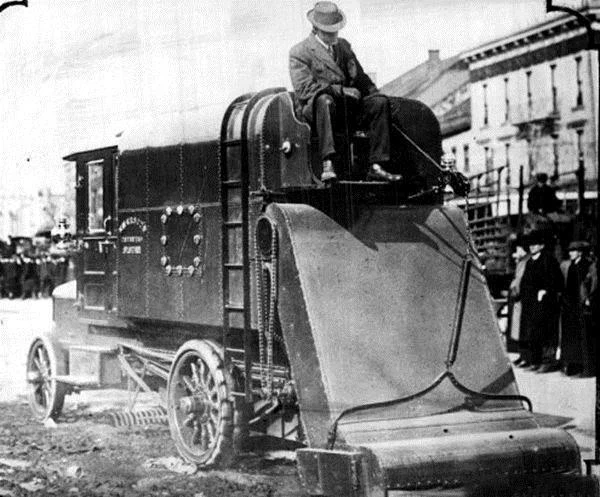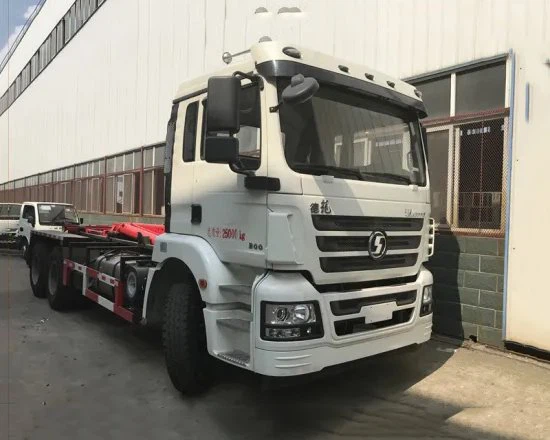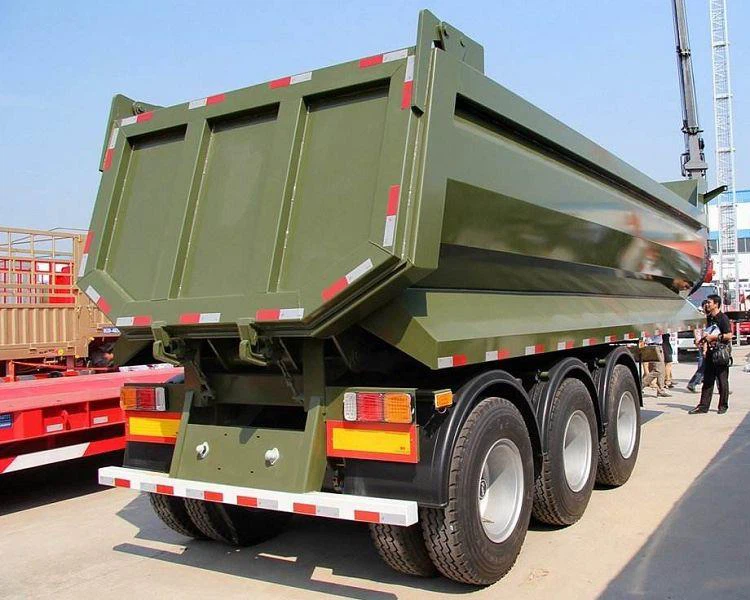Explore the Best Small Garbage Trucks for Sale: A Comprehensive Guide

In today’s world, waste management is becoming increasingly essential for communities and businesses alike. One of the most efficient ways to manage this waste is by investing in a small garbage truck. This article will delve into the various aspects of small garbage trucks for sale, helping you make an informed decision whether you are a commercial entity, a municipality, or an individual. We’ll explore types, features, prices, and much more!

Understanding Small Garbage Trucks
What Is a Small Garbage Truck?

Small garbage trucks are specially designed vehicles used to collect waste and recyclables from various locations. Their compact size allows them to maneuver through tight spaces, making them ideal for urban environments, residential areas, and localized waste collection.
Key Features of Small Garbage Trucks
- Compact size for easy navigation
- Variety of body styles (front loaders, rear loaders, side loaders)
- Environmentally friendly options, including electric and hybrid models
- Customizable options for different waste management needs
Types of Small Garbage Trucks
Rear Loader Garbage Trucks
Rear loader garbage trucks are one of the most common types of small garbage trucks. They feature a large rear compartment where waste is dumped and compacted using hydraulics. This type is especially efficient for residential waste collection.
Advantages of Rear Loader Trucks
- Cost-effective for residential routes
- High compaction ratio, allowing for more waste to be collected
- Easier access for waste collectors
Side Loader Garbage Trucks
Side loader garbage trucks come with mechanisms that allow them to pick up waste containers from the side. This eliminates the need for the driver to exit the vehicle, improving safety and efficiency, especially on busy streets.
Advantages of Side Loader Trucks
- Improves safety by reducing manual handling
- Enhances efficiency in waste collection
- Good for residential areas with limited parking space
Front Loader Garbage Trucks
Designed for commercial waste collection, front loader garbage trucks have a large, open-top container accessible from the front. They typically require the use of a specialized dumpster.
Advantages of Front Loader Trucks
- High capacity for large amounts of waste
- Ideal for commercial establishments like shopping centers and restaurants
- Quick loading times increase efficiency
Where to Find Small Garbage Trucks for Sale
Online Marketplaces
Websites like eBay, Craigslist, and specialized truck sale platforms offer a wide range of small garbage trucks. These platforms provide detail about the truck’s condition, price, and history.
Dealerships and Local Classifieds
Contacting local dealerships that specialize in commercial vehicles can yield great options. They often provide warranties and financing options. Local classified ads in newspapers also frequently list used garbage trucks for sale.
Government Auctions
Municipalities frequently auction off their old waste management vehicles. Participating in these auctions can lead to excellent deals on well-maintained trucks.
Cost of Small Garbage Trucks
Factors Influencing Price
- Type of garbage truck
- Age and condition
- OEM vs. aftermarket parts
- Customization and additional features
Price Ranges
The price for a small garbage truck can vary widely. Here’s a rough estimate:
| Type of Truck | Price Range |
|---|---|
| Used Rear Loader | $15,000 – $35,000 |
| Used Side Loader | $20,000 – $40,000 |
| Used Front Loader | $25,000 – $50,000 |
| New Small Garbage Truck | $100,000 – $200,000 |
Financing Options for Small Garbage Trucks
Leasing vs. Buying
When purchasing a small garbage truck, you have the option to buy outright or lease. Leasing allows for lower upfront costs while providing flexibility in choosing new models down the line.
Pros and Cons of Leasing
- Pros: Lower payments, new vehicle every few years, reduced maintenance costs.
- Cons: No equity, mileage restrictions.
Loan Options
Many banks and credit unions provide loans specifically for purchasing commercial vehicles. Look for loans with low-interest rates and flexible terms.
Maintenance Tips for Small Garbage Trucks
Regular Inspections
Routine inspections can prevent costly repairs down the line. Check the hydraulic system, brakes, and engine regularly to ensure everything is functioning correctly.

Essential Maintenance Tasks
- Keep the truck clean to prevent build-up and rust
- Change oil and filters regularly
- Inspect and replace tires as needed
Using Quality Parts
Always opt for OEM (Original Equipment Manufacturer) parts for repairs. They tend to work better and last longer than aftermarket options.
Environmental Considerations
Choosing Eco-Friendly Options
With growing concerns over climate change and pollution, opting for an environmentally friendly garbage truck can be beneficial. Electric and hybrid models are becoming increasingly available.
Benefits of Eco-Friendly Trucks
- Reduced emissions
- Lower operating costs
- Compliance with local environmental regulations
Practical Examples of Small Garbage Trucks in Use
Case Study: Urban Residential Collection
In a densely populated city, the municipality invested in small side loader trucks. These trucks allow for efficient waste collection in narrow streets where larger vehicles cannot navigate.
Case Study: Small Business Waste Management
A local restaurant uses a small front loader truck to manage their waste. This choice has led to better service as they can accommodate larger waste bins that fit their operational needs.
Frequently Asked Questions (FAQ)
1. How much does a small garbage truck weigh?
The weight of small garbage trucks typically ranges from 10,000 to 26,000 pounds, depending on the type and size.
2. Are there government grants available for purchasing garbage trucks?
Some states offer grants or subsidies for municipalities to invest in new waste management vehicles, especially eco-friendly options. Check with local government offices for availability.
3. How often should I maintain my garbage truck?
Routine inspections should be conducted every 3-6 months, while essential maintenance tasks like oil changes should be done every 5,000 to 7,000 miles.
4. Can I finance a used small garbage truck?
Yes, many lenders offer financing options for used vehicles. It is advisable to shop around for the best rates and terms.
5. What should I look for when buying a used garbage truck?
- Vehicle history and maintenance records
- Condition of major components (engine, hydraulics, etc.)
- Test drive for performance evaluation
6. How do electric garbage trucks work?
Electric garbage trucks use electric batteries to power the vehicle. They operate similarly to traditional trucks but are quieter and have zero tailpipe emissions.
